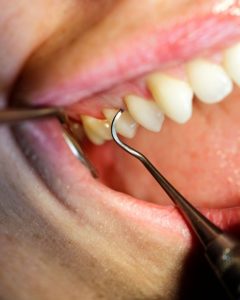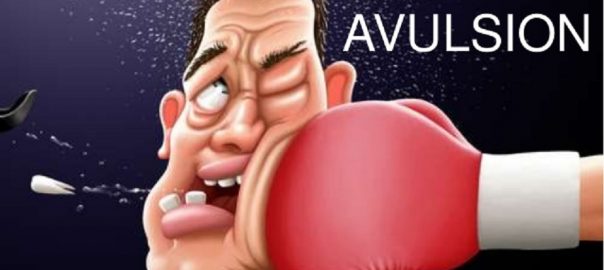Gingivitis is often a silent disease of the gums and teeth, but it can cause serious damage, including loss of teeth. Maintain proper dental hygiene and visit your dentist in Vikaspuri regularly to prevent it.
Find out what are the signs of gingivitis and what exactly is this disease.
What is gingivitis?
Gingivitis means inflammation of the gums, accompanied by irritation and redness. It commonly occurs because a film of plaque, or bacteria, builds upon the gum at the base of the teeth.
Gingivitis is a type of non-destructive periodontal disease, but untreated gingivitis can progress to periodontitis. This is more serious and can eventually lead to tooth loss.
What are the causes of gingivitis?
Between the gum and the tooth, there is a tiny space called a sulcus. Without good hygiene, food debris accumulates in this small space, causing an infection at the gum level or gingivitis.
In other words, the most common cause of gingivitis is the accumulation of bacterial plaque between and around the teeth, especially in hard-to-reach areas. Untreated or when not properly removed, the bacterial plaque can harden and become tartar that can, over time, lead to other complications including tenderness, gum bleeding, or periodontitis.
Risk factor’s
Anyone can develop gingivitis since it is quite common, but there are certain factors that can increase the risk of suffering it, among which can be found:
- Poor oral care or poor nutrition
- Tobacco (smoking or chewing)
- Diabetes
- Dry mouth
- Taking certain medications (contraceptives, steroids, anticonvulsants)
- Teeth with cavities or twisted that hinder the cleaning
- Misplaced orthodontic appliances
- Fractured fillings
- Pregnancy
- Genetic factors or advanced age
- Weak immunity (eg, HIV / AIDS patients)
What are the symptoms of gingivitis?
Many times we do not realize that we have gingivitis because it may not appear, but there are certain symptoms:
- Gums that are red, swollen, soft, or bleeding when you brush or floss
- Receding gums
- Chewing pain
- Sensitive teeth
- Bad breath (halitosis)
- A change in the bite
- Pus pockets between teeth and gums
- Tooth loss
How to cure gingivitis?
The most important thing of all is to go to a specialized dental clinic in Vikaspuri to indicate the best treatment for your case.
Among the most common treatments are:
- Dental cleaning – there are many techniques used to clean teeth thoroughly without the need for surgery.
- Medications – rinses containing antibiotics (with chlorhexidine or doxycycline) may be recommended.
- Surgery – only for severe cases.
Remember that gingivitis is a gum disease that can be easily prevented. Make sure you have a balanced diet and visit a dental clinic in Janakpuri on a regular basis. Brush twice a day with fluoride toothpaste and floss.
Diagnosis and advice
If you notice one of the symptoms of gingivitis, don’t ignore them and go to a specialized dental clinic in Uttam Nagar. The only person indicated to offer you a final diagnosis is your dentist in Uttam Nagar, since it is necessary to verify the space between the tooth and the gum, to determine the state and the correct treatment.



